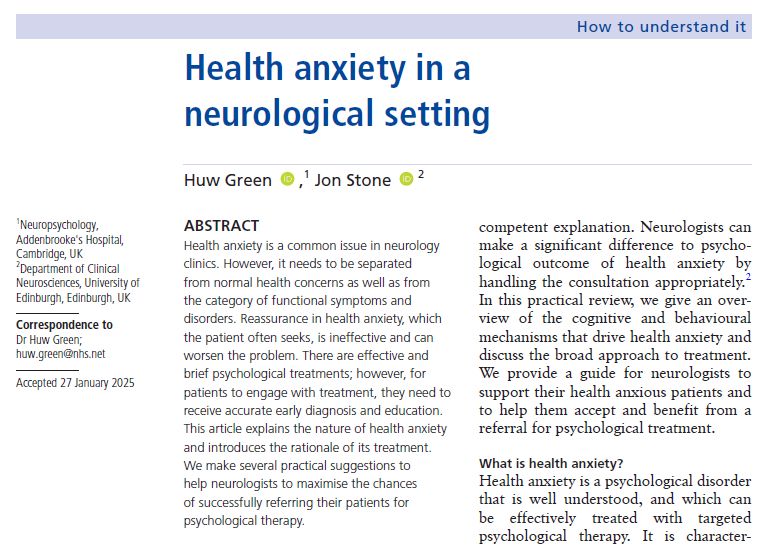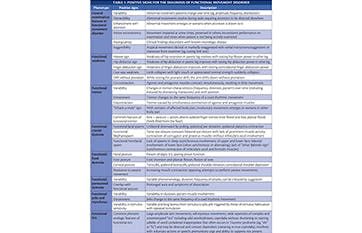
Zachary Grin, PT, DPT
@zacharygrin.bsky.social
760 followers
470 following
60 posts
Doctor of Physical Therapy | 🏳️🌈 he/him
Owner of Rethink Physical Therapy, PLLC | NYC
I help people living with FND take back control.
www.fnd.physio
Posts
Media
Videos
Starter Packs
Pinned
Reposted by Zachary Grin, PT, DPT
Reposted by Zachary Grin, PT, DPT
Reposted by Zachary Grin, PT, DPT
Reposted by Zachary Grin, PT, DPT
ME/CFS research
@cfsresearch.bsky.social
· Jan 26

The mind/body revolution: how the division between ‘mental’ and ‘physical’ illness fails us all
New research shows western medicine’s traditional split between brain and body is, in fact, far from clear cut – and could provide a breakthrough for many complex conditions
www.theguardian.com
Reposted by Zachary Grin, PT, DPT
Dr. Mark Cheng
@drmarkcheng.bsky.social
· Jan 16
The facts are, the ACA saved millions with pre-existing conditions and set standards for care.
But now, more than a decade later, with what we now know, it’s time to take the insurance companies out of the mix.
The subsidies they get are enormous. We don’t need them as middlemen.
But now, more than a decade later, with what we now know, it’s time to take the insurance companies out of the mix.
The subsidies they get are enormous. We don’t need them as middlemen.





